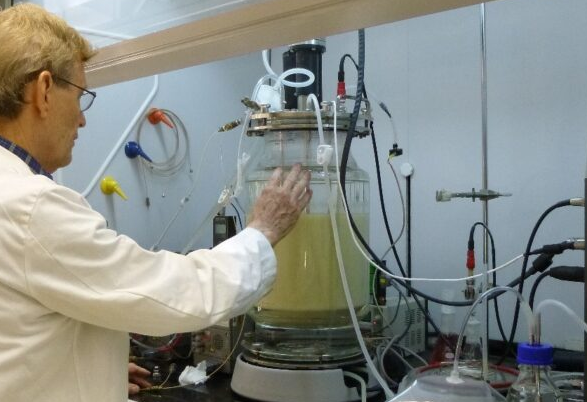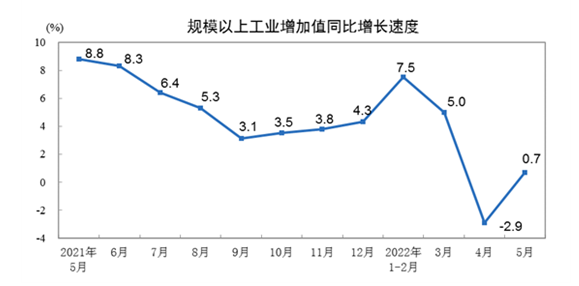Your location:Home >Automotive News >
Time:2022-06-16 11:57:53Source:
According to foreign media reports, Purdue University Northwest (Purdue University Northwest, PNW) has discovered a new process that can use food waste to biogenerate hydrogen.It is reported that the Purdue Research Foundation (Purdue Research Foundation) recently completed a license agreement for the above-mentioned process with an international energy company, and is negotiating a second license agreement with a company in Indiana.

Image credit: Purdue University Northwest
The new process uses food waste to produce hydrogen biologically, which can be used as a sustainable energy source for power generation, as well as for chemical and industrial processes or as a transport fuel.
The U.S. wastes more than 30 percent of its food every year, totaling $48 billion, said Robert Kramer, a PNW physics professor and the study's lead investigator.This wasted food can be used in the development process to make hydrogen, which is a sustainable energy source with no environmental problems as its only by-product is water vapour when it is burned.
"The new process is highly productive and can be applied quickly," Kramer said. "The process is robust, reliable and economically viable for energy production and processes."
Over the past eight years, a research team consisting of Kramer, PNW associate professor of chemistry Libbie Pelter, and Purdue West Lafayette associate professor of animal science John Patterson has received grants from the US Department of Energy and the General Assembly. Five grants totaling $800,000 from the University of Toronto Research Foundation to develop the above-mentioned related technologies.Currently, two patents have been granted for this technology, and a third patent is currently in the final approval stage.In the next nine months, the research team will conduct large-scale testing.Based on the test results, it is expected to start building the first commercial prototypes within a year.
Hydrogen is lightweight, storable, transportable, energy-dense, and does not directly emit pollutants or greenhouse gases.Unlike fossil fuels, hydrogen combustion does not produce carbon dioxide or oxides of nitrogen and sulfur.Hydrogen also has a higher energy yieldthan hydrocarbons, according to the research team .
Statement: the article only represents the views of the original author and does not represent the position of this website; If there is infringement or violation, you can directly feed back to this website, and we will modify or delete it.
Preferredproduct
Picture and textrecommendation


2022-06-16 11:57:01

2022-06-16 11:56:27


2022-06-16 11:52:11

2022-06-16 11:51:17
Hot spotsranking
Wonderfularticles

2022-06-16 11:50:41



2022-06-16 11:48:56

2022-06-16 11:48:13

Popularrecommendations
